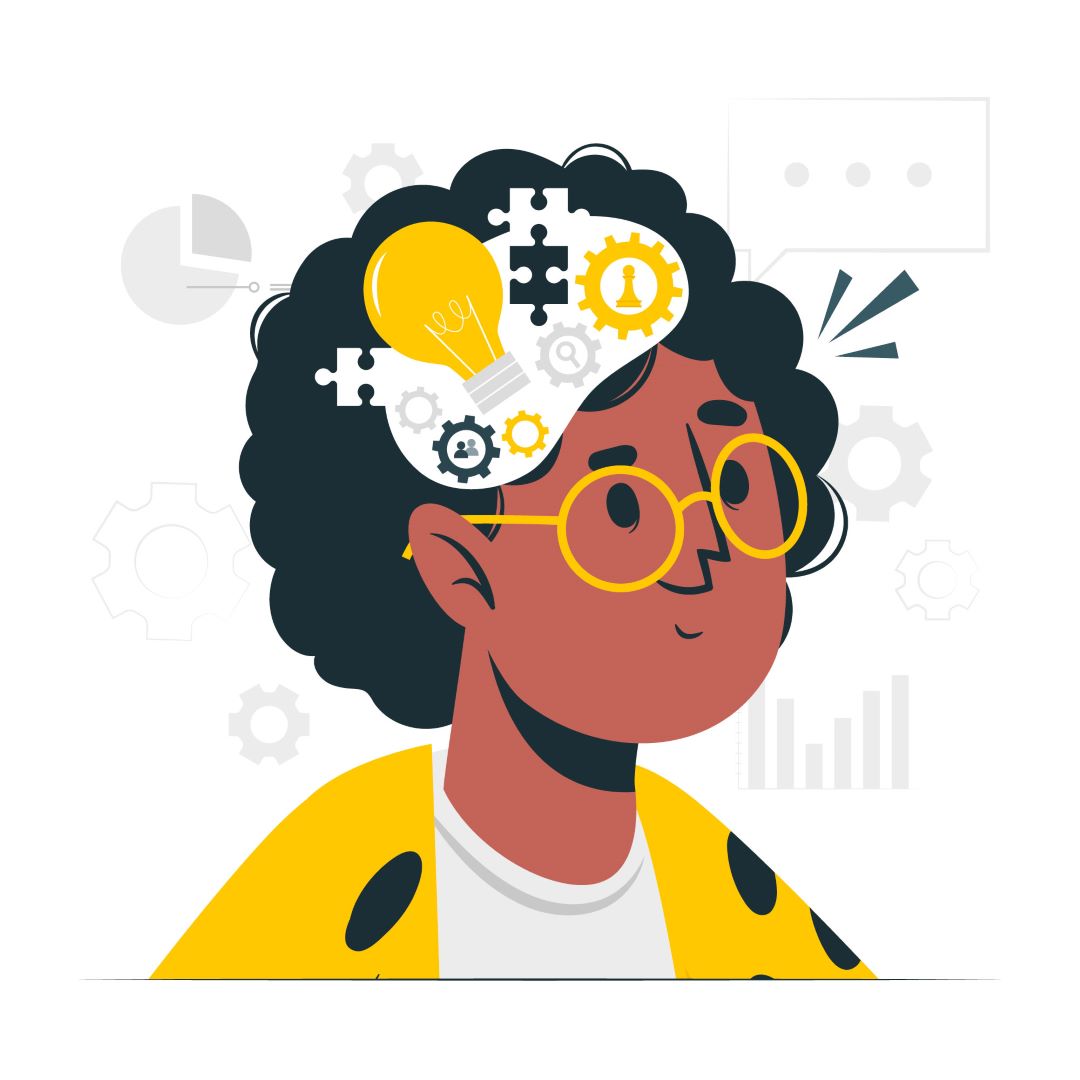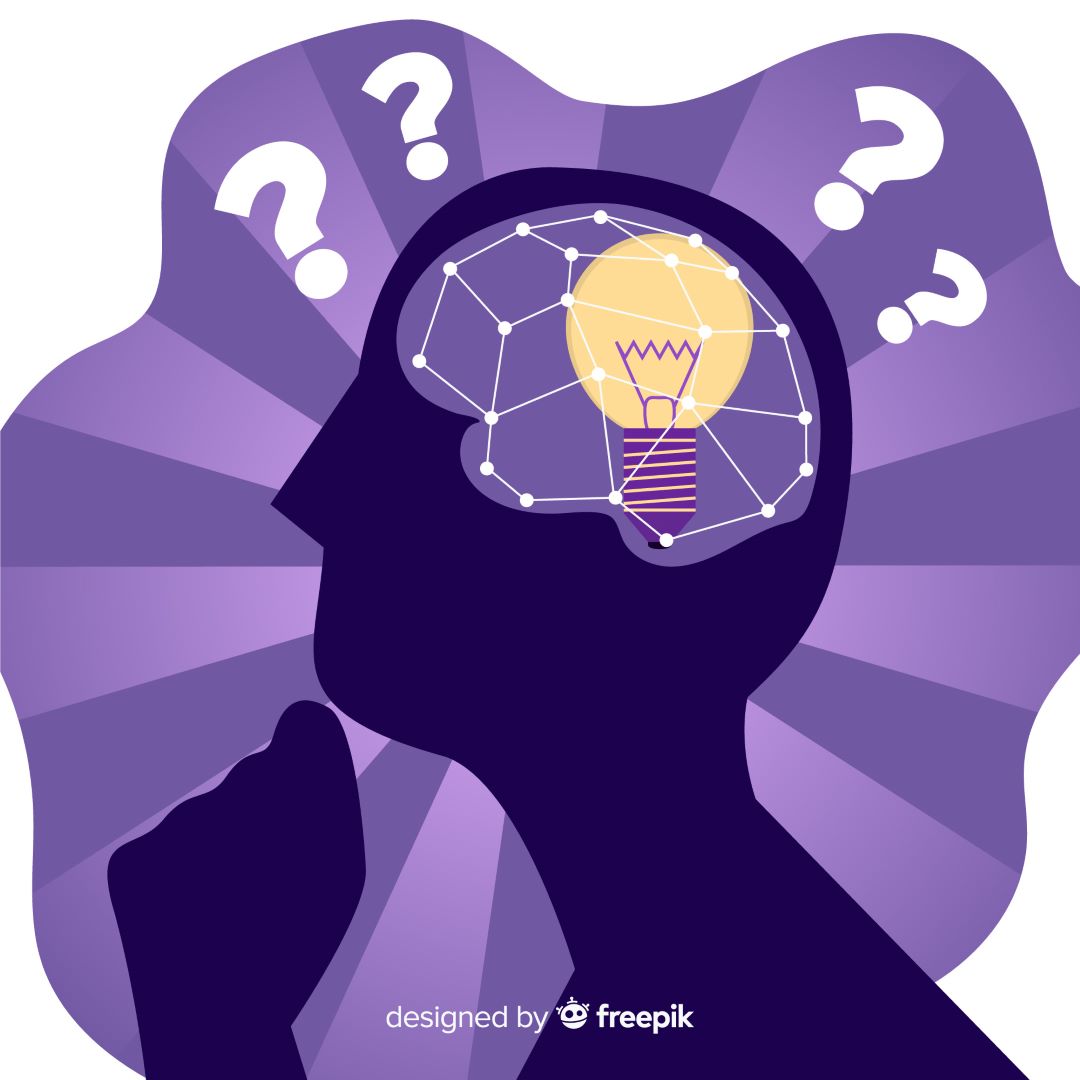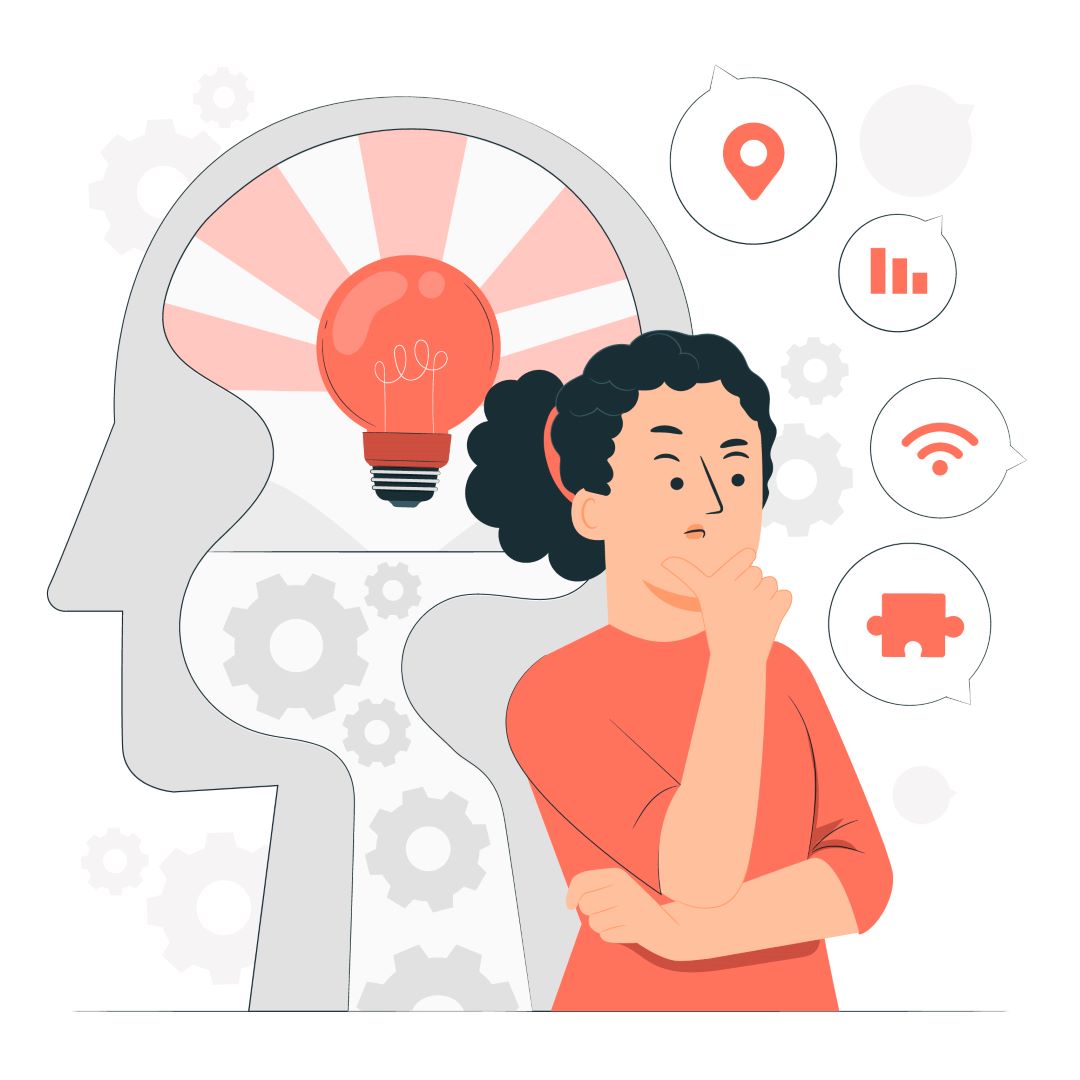5 Critical Thinking Skills to Master in 2023
Critical thinking is a skill that you develop over time to help you think clearly and rationally about what to do and what to believe. It involves the ability to gather and evaluate information, identify and challenge assumptions, and draw reasonable conclusions. Critical thinking is an essential skill for success in all areas of life, including work, school, and personal relationships.
Here are five critical thinking skills to master in 2023
-
Identify and challenge assumptions.
Assumptions are beliefs that we accept without question. They can be based on our personal experiences, our culture, or our education. While assumptions can be helpful in everyday life, they can also lead us to make biased decisions.
To identify and challenge assumptions, we need to be aware of our own biases. We can do this by asking ourselves:
- Where did I learn this belief?
- Is there any evidence to support this belief?
- Are there any other possible explanations for this situation?
Once we have identified our assumptions, we can challenge them by looking for evidence that contradicts them. We can also consider alternative perspectives.
2. Data Analysis Proficiency
When we are faced with information, it is important to evaluate it carefully. We need to consider the source of the information, the methodology used to collect the data, and any potential biases.
We should also be aware of our own cognitive biases. Cognitive biases are mental presumptions that cause us to make inaccurate judgments. For example, confirmation bias is the tendency to seek out information that confirms our existing beliefs and to ignore information that contradicts them.
To avoid cognitive biases, we should try to be as objective as possible when evaluating evidence. We should also consider all of the evidence, both for and against our initial hypothesis.
3. Draw reasonable conclusions.
Once we have gathered and evaluated evidence, we need to draw reasonable conclusions. This means weighing all of the evidence and coming up with the most likely explanation.
To draw reasonable conclusions, we need to be aware of logical fallacies. Logical fallacies are errors in reasoning that can lead us to make incorrect conclusions. For example, the ad hominem fallacy is the attack of the person making the argument rather than the argument itself.
To avoid logical fallacies, we need to think carefully about our reasoning and to make sure that our conclusions are supported by the evidence.
4. Emotional Intelligence:
Once we have drawn conclusions, we need to be able to communicate our thinking clearly. This means being able to explain our reasoning in a way that others can understand.
We should also be able to defend our conclusions against criticism. This means being able to anticipate and address potential objections.
5. Adaptability
Even after we have drawn conclusions, we should be open to new information and perspectives. This means being willing to change our minds if presented with new evidence.
We should also be willing to consider alternative perspectives, even if we disagree with them. This can help us to see the world from different angles and to make better decisions.
These skills are your compass in navigating the future. HR professionals, identify and nurture these skills in your workforce. Job seekers, develop and showcase these abilities to supercharge your career in 2023 and beyond!
Expand Your Talent Pool with DEIjobs! Register HERE and Dive In!!
Join DEIjobs to connect with a diverse talent pool, including candidates with disabilities, women, LGBTQ+ candidates, war veterans, and women on a career break.





